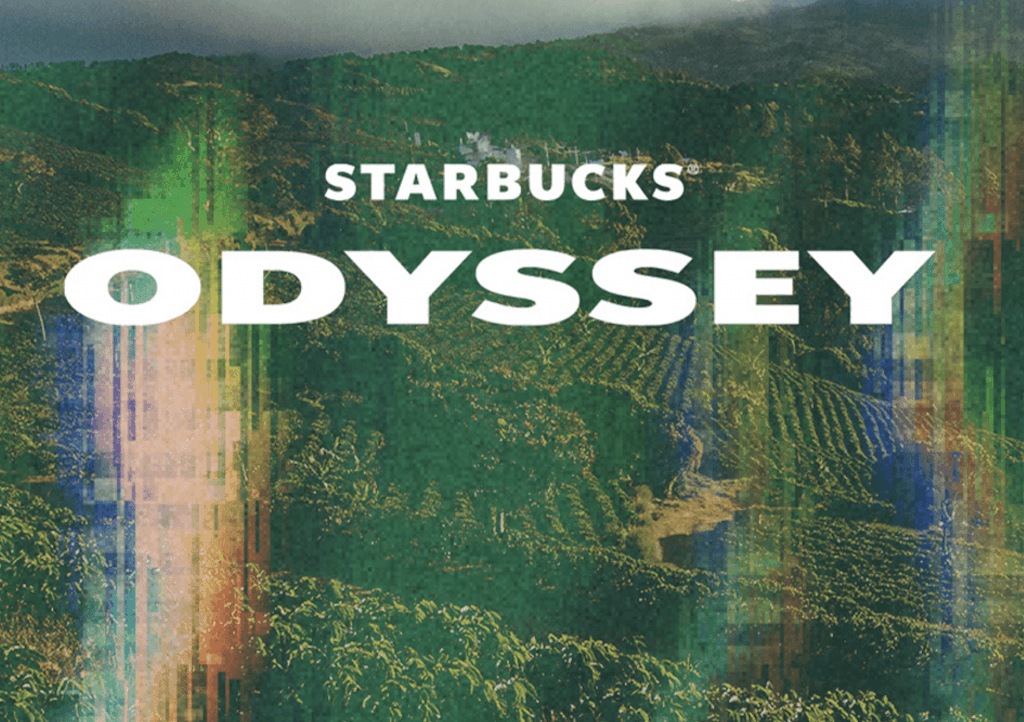Consumer sentiment when it comes to web3 has been on the decline. In the wake of the crypto crash and the downfall of crypto trading platforms like FTX, amid rampant fraud and/or undisclosed endorsements promoting digital assets (including from big-name celebrities and heavily followed influencers), and as metaverse platforms continue to lack the sophistication to engage/entice consumers in a meaningful way, it is not difficult to understand why. Against this background, many companies are shying from the virtual world, opting not to go full-speed-ahead in terms of metaverse and/or art-linked NFT ventures and the corresponding investments.
However, a potential shift away from things like the digital art-associated NFT projects that dominated headlines in 2021 does not necessarily mean that a larger rejection of web3 and its other facets is underway. In fact, in its annual Global Powers of Luxury Goods report, Deloitte contends that “the continuing digital revolution of web3 is generating a lot of enthusiasm in the luxury industry and providing unparalleled opportunities for companies to be innovative and disruptive.” The consultancy cites a number of web3-centric endeavors that companies are readily looking to, stating that “blockchain technology, usually associated with cryptocurrencies, has gained a role in the luxury goods market,” such as from product tracing and authentication points of view.
Specifically, the consultancy highlights a partnership between the LVMH, Prada Group, and Cartier-created Aura Blockchain Consortium and the King Charles III-founded and Federico Marchetti-chaired Sustainable Markets Initiative Fashion Taskforce. The consultancy pinpoints the Digital ID system, one of the efforts of the Fashion Taskforce, in particular, as “a new solution that tags luxury products and records details about their manufacturing and sustainability credentials.”
Deloitte also points to an influx of fakes and the rise of secondary market transactions, which are prompting companies to “turn their attention to effective solutions,” with digital passports or digital IDs – which are digital tools that use blockchain technology that can help to identify the origin of luxury goods – as a potential form of recourse.
Intersection of Loyalty and Web3
Another interesting use case for blockchain technology beyond art-linked NFTs comes by way of companies’ loyalty programs. An array of brands focused on loyalty initiatives in 2022, with Christian Dior, for one, focusing on a multi-tier loyalty program in conjunction with its Beauty division that “provides exclusive benefits that rewards members’ engagement with the brand to motivate action,” while reseller Rebag rolled out new “Premium Payouts” and “Spending Bonus” features that it says “will enhance brand loyalty by significantly rewarding clients who remain within the Rebag ecosystem long term and reinvest their payouts.”
These efforts – which follow on the heels of successful plays by the likes of LVMH-owned Sephora, for example, whose 15-year-old Beauty Insider program boasts more than 25 million members – make sense in the current market. According to a recent Oracle report, 71 percent of U.S. consumers are active in at least one loyalty programs per month, 56 percent have at least one loyalty rewards program app on their phone, and 62 percent of consumers are willing to choose one brand over another because of its loyalty program.
Going into 2023, loyalty-focused endeavors are expected to continue to play role for brands across the board – and likely with the help of blockchain, which is being touted as capable of enhancing loyalty programs and improving operational efficiency overall. Software development company Itransition suggests that blockchain-based, multi-channel networks can “eliminate many inefficiencies commonly associated with loyalty program management and add new possibilities for the companies to engage with customers” – from enabling customers to use a single e-wallet for redeeming all of their loyalty rewards (instead of managing multiple digital accounts) to ensuring that loyalty points can be traced – and targeted at consumers – more precisely.
Additionally, blockchain-based systems can enable loyalty-specific transactions to be “recorded and accessed by multiple involved parties in near real time,” protected from “double spending, fraud, abuse, and any other type of manipulation of the transactions,” and potentially, frictionless from a consumer point of view, according to an earlier report from Deloitte.
Starbucks, AmEx, BMW & More
One need not look further than Starbucks to see an example of this in action. The coffee chain launched a beta version of Starbucks Odyssey last month, making it “one of the first companies to integrate web3 technology and NFTs with an industry-leading loyalty program at scale.” The Odyssey initiative combines the company’s existing app-based Starbucks Rewards loyalty program – which boasts almost 30 million active users and drives roughly 50 percent of the company’s order volume – with a Nifty Gateway platform to enable consumers to earn and purchase digital “stamps” and unlock access to “exciting new benefits and experiences.”
Other entities – such as American Express, BMW, and Singapore Air – are also looking to blockchain-based systems for their own loyalty and/or rewards efforts.
The impetus for the move to experiment with the intersection of loyalty and web3 beyond some of the practical benefits (like loyalty point tracing, wallet consolidation, etc.)? Deepening the consumer’s connection with the brand. Reflecting on the move to leverage web3 tech for its well-established Rewards program, Starbucks EVP and chief marketing officer Brady Brewer said last month that it will “allow our members to access experiences and ownership that was not possible before” and that are “uniquely Starbucks.”
This is very much at the heart of what the metaverse is for most brands, which Deloitte says are “mainly us[ing] it to reinforce their brand equity and drive traffic to their websites and stores.” There are, of course, “many other potential uses, but to activate any of them, companies need to adopt the foundational technologies underpinning the metaverse (such as NFTs and blockchain) while adapting to the rapid pace of technological change.”











